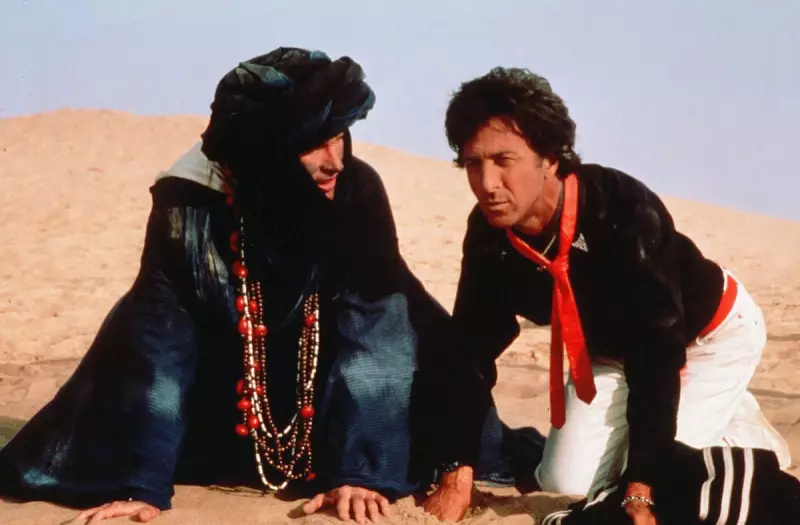
Guardian readers have shared their most painful entertainment experiences in a revealing compilation of zero-star screen disasters that spans decades of cinematic and theatrical misfires.
Cinematic Catastrophes That Defied Belief
The 1987 film Ishtar, starring Warren Beatty and Dustin Hoffman, emerges as a particular low point in cinematic history. One reader described it as "less exciting than a tricycle accident" and "less witty than a stunned mollusc" during its 107-minute runtime that felt entirely non-refundable.
Similarly, Waterworld (1995) provided what should have been a serious post-apocalyptic adventure but instead delivered unintentional comedy. Despite Kevin Costner's earnest performance and Dennis Hopper's gloriously over-the-top villain, viewers found themselves laughing at what was meant to be taken seriously.
More recently, Playmobil: The Movie (2019) failed to capture the magic of its toy-based predecessors. What began with promise quickly descended into what one Birmingham viewer called "excruciating" garishness and loudness that overwhelmed any potential charm.
Television Tragedies That Tested Patience
Ricky Gervais's Netflix series After Life (2019-2022) divided audiences, with one London viewer stating they're "still processing how awful it was." The show's constant oscillation between grief-stricken sentimentality and crude humour, combined with what critics called problematic character justification, left some former Gervais fans thoroughly disappointed.
Historical television hasn't fared much better in readers' memories. Lancelot Link: Secret Chimp (1970-1971) was recalled as "exploitative and vile" rather than the camp fun it intended to be, while Babes in the Wood (1998-1999) represented terrestrial television at its most irrelevant with wafer-thin plots that failed to captivate.
Theatrical Calamities and Walkout Worries
The stage production of Moonshine at Hampstead Theatre in 1999 became such a disaster that audiences began leaving during the interval. A theatre critic present noted that after just 15 minutes of the second act, nearly the entire audience had abandoned the performance, leaving the artistic director desperately trying to convince remaining patrons to "give the work a chance."
Across the world in Sydney, the musical adaptation of An Officer and a Gentleman in 2012 proved so disappointing that more than half the audience departed at intermission. One anonymous attendee stayed primarily out of pity for the cast and crew rather than any enjoyment of the production.
Even modern anticipated releases like 28 Years Later (2025) have joined the ranks of disappointing entertainment, with one German viewer calling it the first film they seriously contemplated walking out of, despite high expectations for the zombie genre revival.
The Unforgettable Legacy of Terrible Entertainment
What becomes clear from these accounts is that truly awful entertainment creates lasting memories - though not the kind creators intend. From Tommy Wiseau's famously terrible The Room (2003) that "just goes on" to M Night Shyamalan's Unbreakable (2000) losing viewers with questionable comic book theories, these zero-star experiences bond audiences through shared suffering.
While critical reviews can signal quality, these personal accounts reveal how individual viewing experiences can transform anticipated entertainment into cultural touchstones of disappointment that readers remember for decades.






